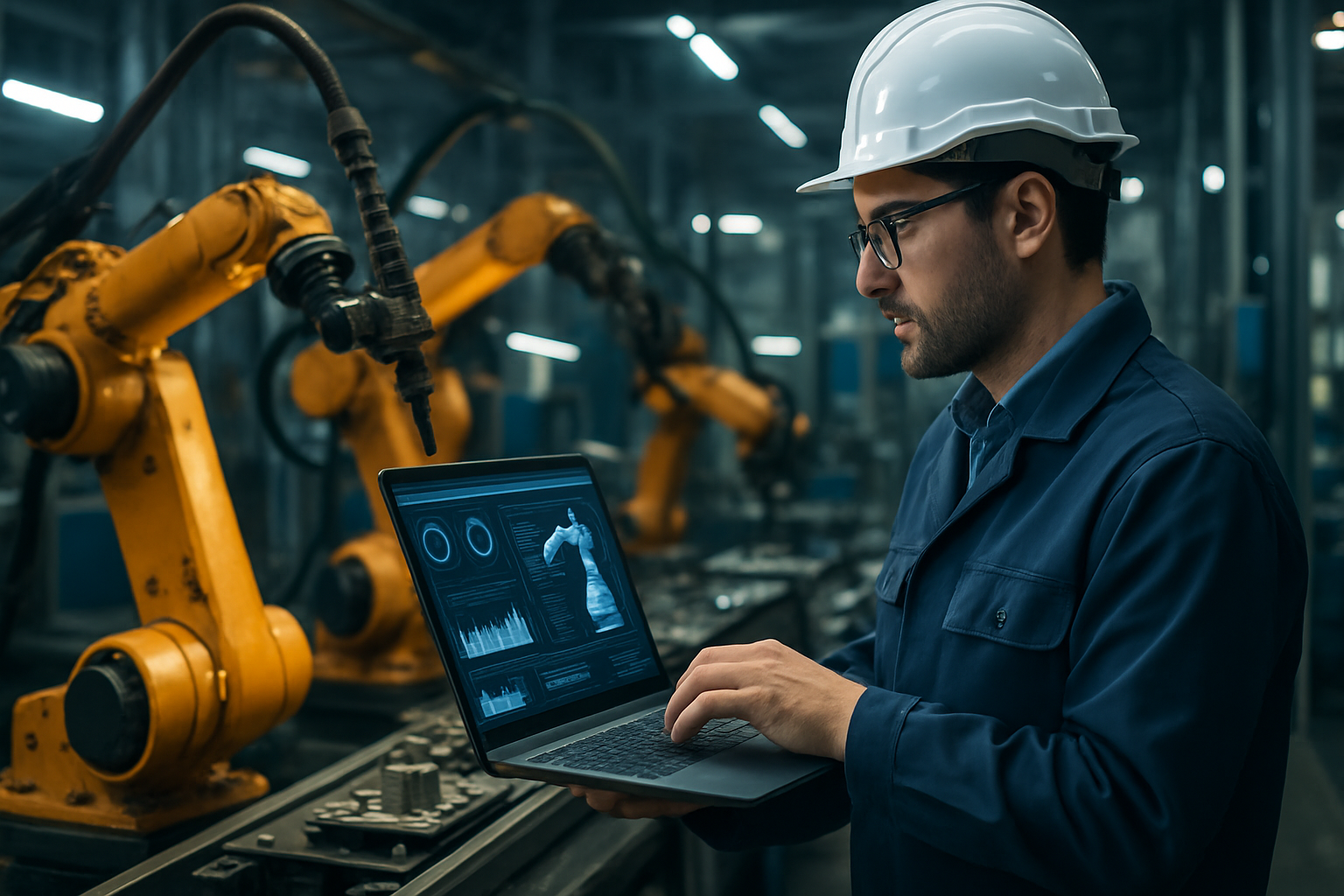Manufacturing Jobs: Career Paths, Training, and Spain Context
Manufacturing continues to evolve with automation, sustainability goals, and global supply chains shaping roles and skills. This article explains what manufacturing jobs look like today, how a manufacturing career can develop, what training and education pathways are common, the skills employers seek, and how conditions in Spain compare with broader international trends. It does not list specific job openings or guarantee availability.

What is modern manufacturing?
Manufacturing covers the processes that turn raw materials into finished goods, from precision components to consumer products. Modern manufacturing increasingly blends traditional production with digital systems: robotics, additive manufacturing, and data analytics are now integral elements. Understanding this mix helps jobseekers set realistic expectations about the types of roles—machine operators, technicians, production supervisors, quality engineers—that exist across facilities.
Manufacturing environments vary widely by scale and sector, from small workshops to large automated plants. Job descriptions can differ considerably depending on whether a facility focuses on discrete manufacturing (like electronics) or process manufacturing (like chemicals and food).
How can a manufacturing career develop?
A manufacturing career often begins in entry-level operational roles and can progress into technical, supervisory, or specialist positions. Typical stepwise progression might move from operator to technician, then to lead or supervisor, and onward to engineering, production management, or process improvement roles. Lateral moves into quality control, maintenance, or supply chain functions are common.
Career development frequently combines on-the-job experience with targeted certification or further education. Employers value demonstrable problem-solving, familiarity with specific equipment or software, and continuous learning that aligns with industry needs.
What education and training prepare you?
Education pathways for manufacturing include vocational diplomas, apprenticeships, associate degrees, and bachelor’s degrees in engineering or manufacturing technology. Shorter training courses in CNC machining, PLC programming, welding, robotics, and safety standards can be effective for entering or advancing within the sector. Many employers partner with technical schools or run in-house training programs.
When choosing education or training, consider a mix of theory and hands-on practice. Apprenticeships or internships provide workplace exposure and often lead to long-term employment. Verify that curricula cover up-to-date tools and safety practices and that credentials are recognized by local industry bodies.
What skills do employers in manufacturing seek?
Employers typically look for technical competence, safety awareness, and problem-solving ability. Technical skills may include operation of CNC machines, basic electrical troubleshooting, familiarity with industrial automation, and reading technical drawings. Soft skills such as teamwork, communication, and adherence to quality processes are also important.
Training and certifications—such as in quality management, hazardous materials handling, or mechanical maintenance—can make candidates more competitive. Digital literacy is increasingly important as production systems integrate sensors, industrial networks, and production software.
How does manufacturing differ in Spain and worldwide?
Spain’s manufacturing sector includes automotive, aerospace components, food processing, and industrial machinery. Compared with global trends, Spanish companies are investing in automation and green manufacturing, though regional variations and company size shape local demand for skills. Internationally, manufacturing trends—such as reshoring, digitalization, and sustainability—affect hiring priorities across markets.
Note that this article does not list specific job openings; actual opportunities depend on local economic conditions, employer hiring cycles, and regulatory frameworks. For location-specific guidance, consult local services, industry associations, and official employment portals rather than relying on this general overview.
Practical next steps and resources for jobseekers
Start by mapping your interests to roles in production, maintenance, engineering, or supply chain. Seek accredited training programs, short courses, or apprenticeships that offer hands-on learning. Use local services—technical colleges, workforce development centers, and trade associations—to find training and understand employer needs in your area.
Keep certifications current and document practical experience. Volunteering for cross-functional projects, participating in equipment-maintenance rotations, or learning to use industry-standard software can help demonstrate readiness for a wider range of manufacturing roles.
Conclusion
Manufacturing jobs span a broad range of activities and require a mix of technical skills, safety awareness, and adaptability to technological change. Education and practical training, combined with on-the-job experience, form the backbone of career progression. Conditions in Spain reflect many international trends but vary regionally; for specific hiring information, rely on local services and verified employer channels rather than general guides.






